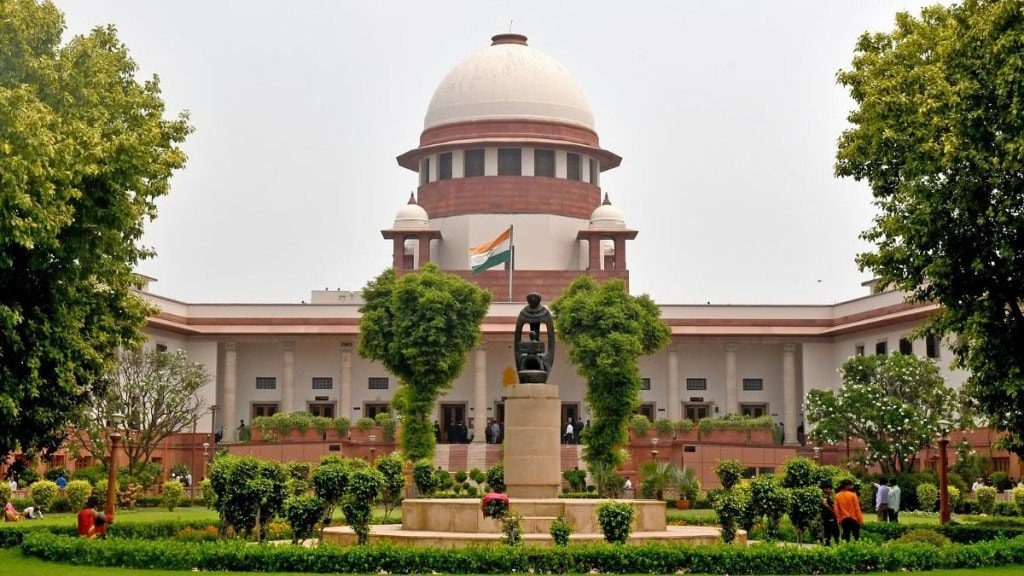The Supreme Court on Thursday directed all courts in the country to refrain from entertaining or passing any orders on lawsuits related to religious places under the Places of Worship (Special Provisions) Act of 1991, reports PTI.
A bench led by Chief Justice Sanjiv Khanna, along with Justices Sanjay Kumar and KV Viswanathan, issued the direction while hearing a batch of petitions concerning the law.
The bench said that the 1991 Act prohibits institution of such suits and the same cannot proceed until the validity of the 1991 law itself is decided, reports Bar and Bench. The Places of Worship Act prohibits the conversion of any place of worship and mandates the preservation of its religious character as it existed on August 15, 1947.
This was also affirmed in the Ayodhya decision by a Constitution Bench, the CJI-led bench said.
“As the matter is sub-judice before this court we deem it fit to direct that no fresh suits shall be registered or proceedings be ordered. In the pending suits, courts would not pass any effective order or final orders. When a matter is pending before us, is it just and fair for any other court to examine it. We are on vires as well as ambit of the act,” the Court directed, as quoted by Bar and Bench.
The bench said that no new suits would be filed or registered until further orders, and courts should not pass any interim or final orders in pending cases. The bench also noted it was examining the constitutional validity and scope of the 1991 Act and advised other courts to “stay off” from dealing with related matters for now.
Several lawyers representing Hindu groups objected to the order, arguing that it should not be passed without hearing their side. The bench directed the central government to file its response to the petitions within four weeks, with other parties granted an additional four weeks to file rejoinders after the government’s reply.
The court will continue hearings after the pleadings are completed.
Meanwhile, the court allowed various Muslim organisations to intervene in the case.
The court is hearing six petitions, including one filed by lawyer Ashwini Upadhyay, who has challenged Sections 2, 3, and 4 of the Places of Worship Act. He argues these provisions prevent individuals or religious groups from seeking judicial remedies to reclaim places of worship.

